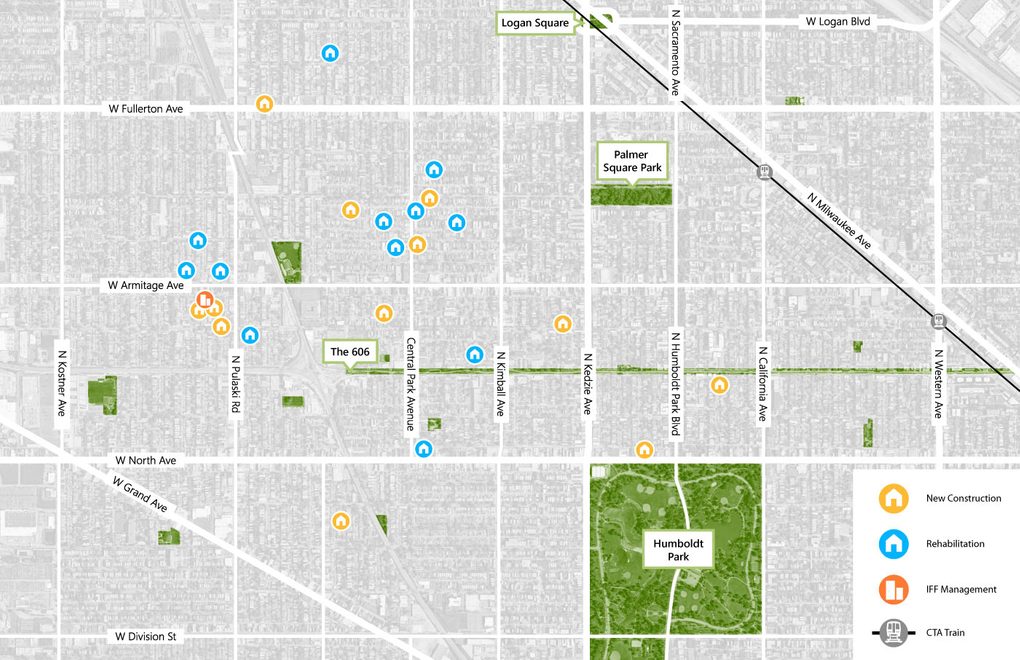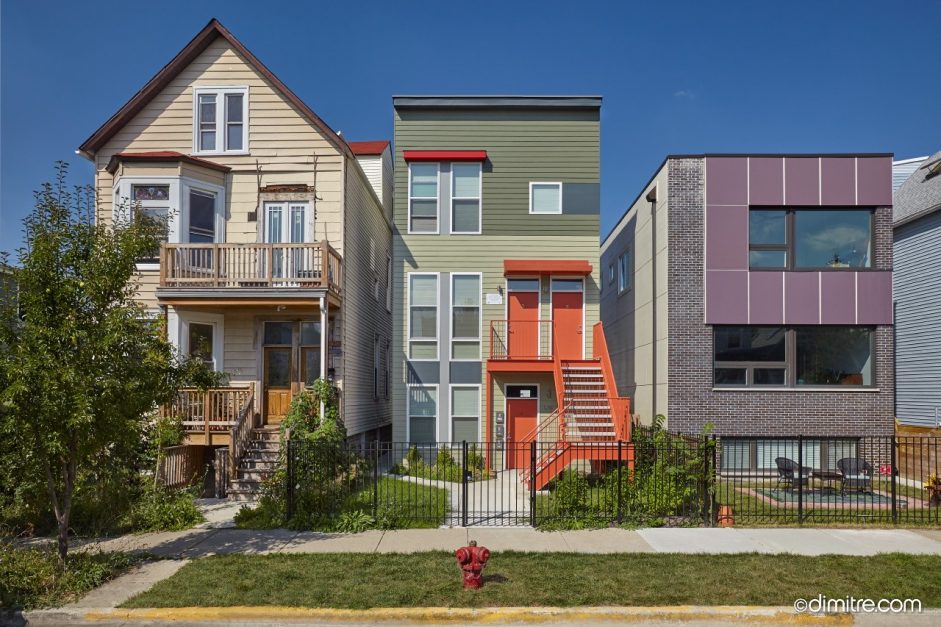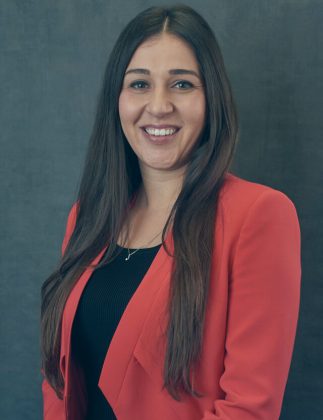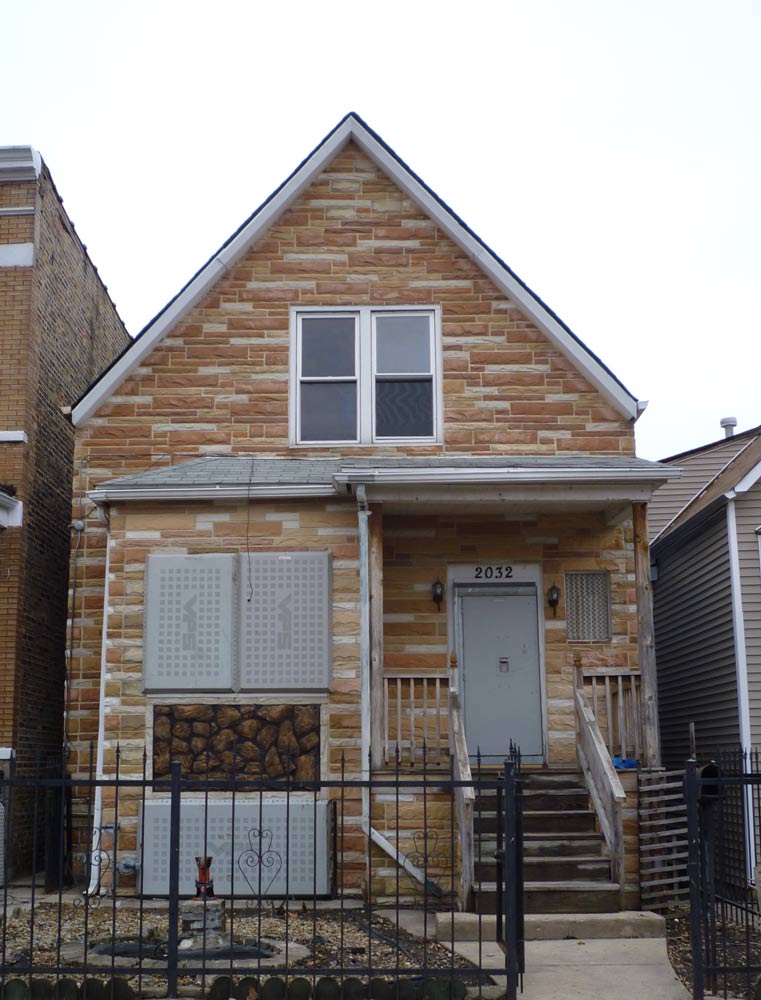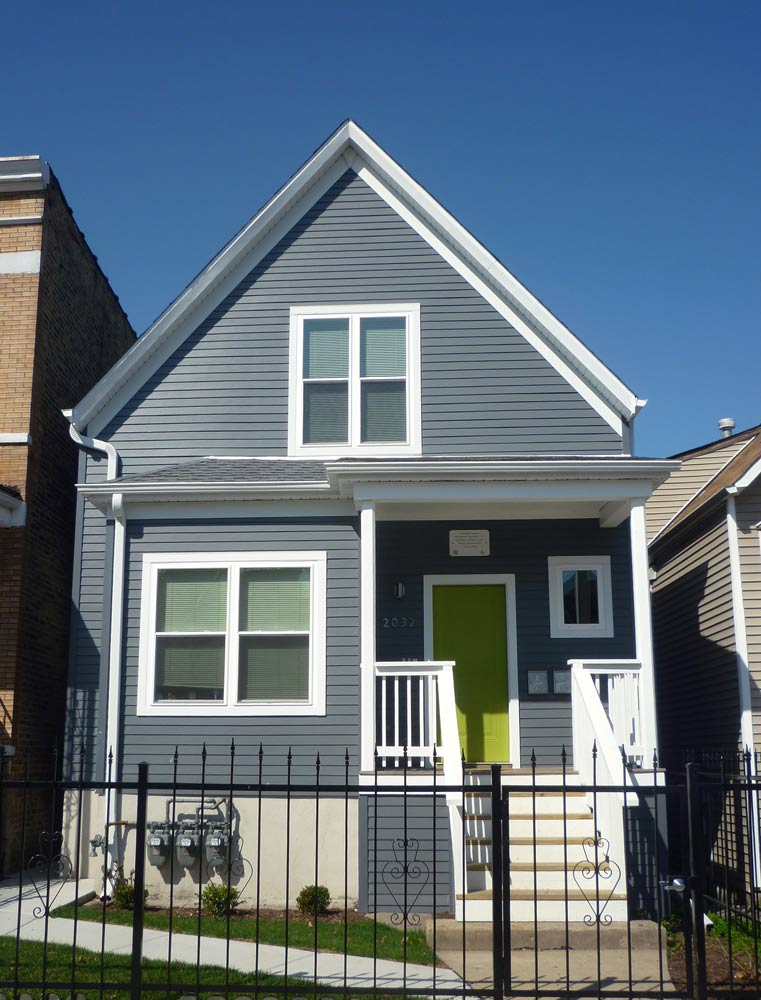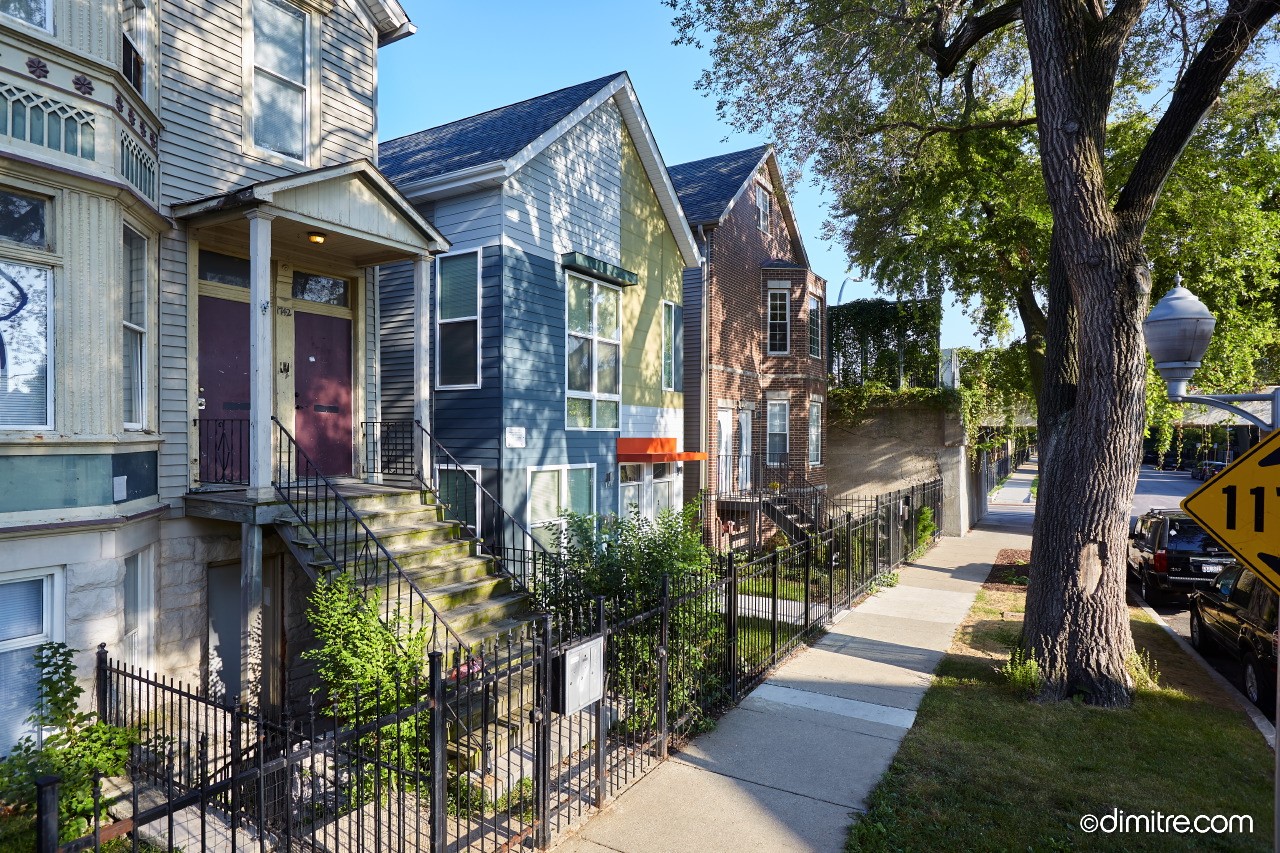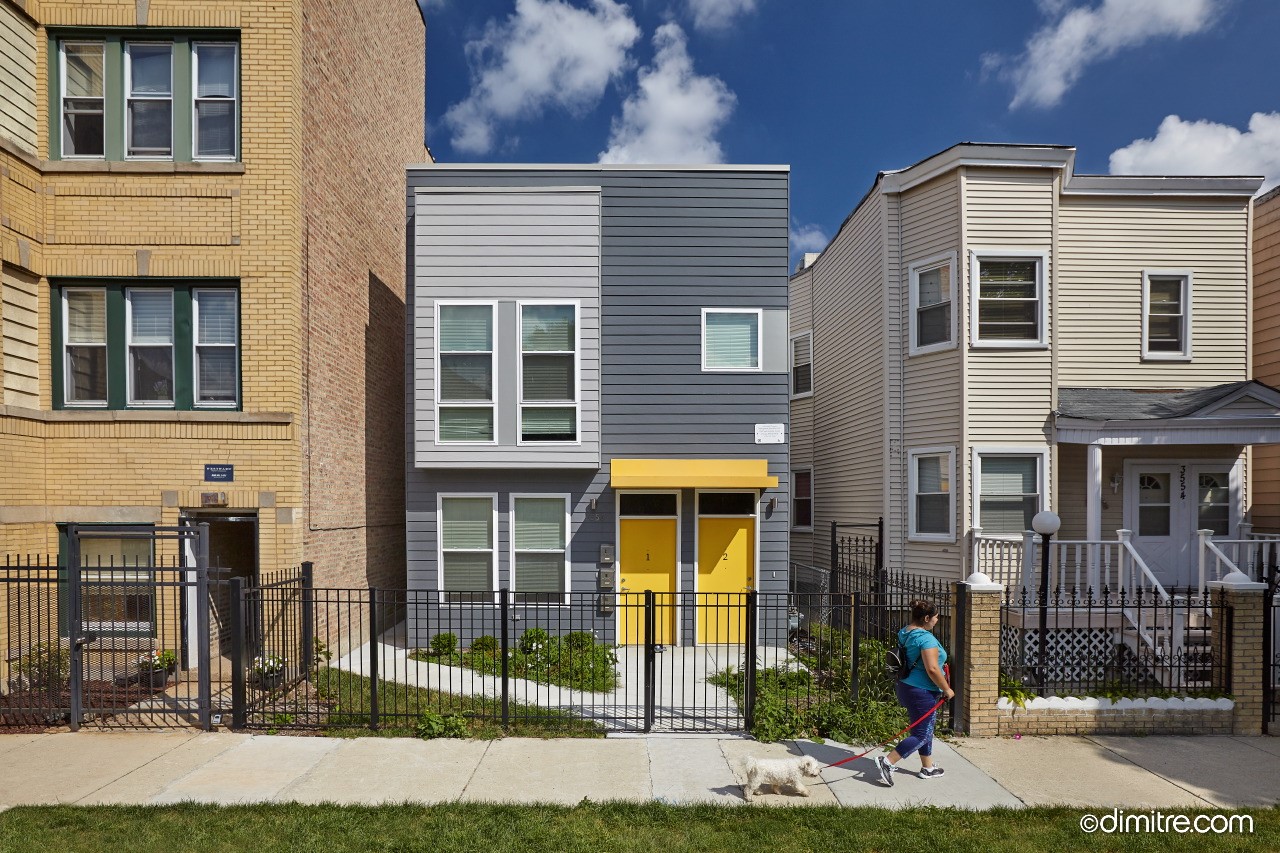Access Housing
Location: Chicago, Illinois
Closing Date: February 5, 2021
Project Description & Impact: scattered-site affordable and integrated housing for people with disabilities in the Humboldt Park and Logan Square neighborhoods
Client: IFF
Financing Tools Used: IHDA Trust Funds, Low Income Housing Tax Credits, Federal Home Loan Bank support, donation tax credits, and private corporate and foundation support
The Story Behind this Project
IFF’s Access Housing provides affordable and integrated housing to people with low income and special needs. This project, which focuses on Chicago’s Humboldt Park and Logan Square neighborhoods is part of IFF’s Home First program. Home First began in response to the 1999 Supreme Court’s Olmstead Decree, which states that people with disabilities have the right to live in the least restrictive setting possible.
The Home First program acquires foreclosed and vacant buildings to rehab as well as develops new construction of two- and three-flat buildings on city-owned infill lots to provide people with a broad range of disabilities permanent, affordable and community-based housing. By focusing on vacant, foreclosed properties and infill lots, the program helps to stabilize neighborhood blocks in Humboldt Park and Logan Square, while stretching scarce resources and keeping housing affordable. IFF’s Home First program has been recognized by several local and national organizations, including:
- 2019 – Coalition of Development Finance Agencies (CDFA) Program Award
- 2019 – Community Neighborhood Development Award’s (CNDA) Polk Bros Foundation Affordable Rental Housing Preservation Award
- 2019 – Charles L. Edson Tax Credit Excellence Award from the Affordable Housing Tax Credit Coalition
- 2019 – Alan J. Rothman Award for Housing Accessibility from the American Institute of Architects and the Office of the Secretary of the Department of Housing and Urban Development
- 2019 – Nonprofit Developer of the Year Award from the Cook County Land Bank Authority
- 2018 – Vision Award from the Urban Land Institute
